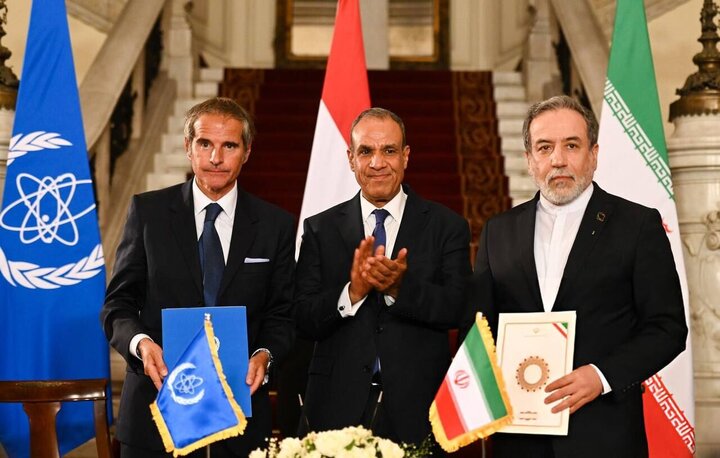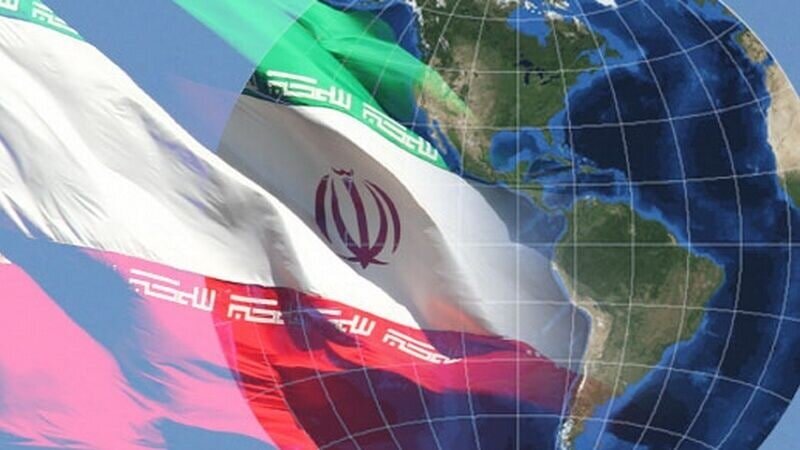From June 13 to 24, 2025, the Israeli regime launched a series of unprovoked military strikes against Iran, targeting civilian infrastructure, nuclear facilities under the International Atomic Energy Agency (IAEA) safeguards, and residential areas. These actions resulted in significant civilian and military casualties and widespread destruction.
In response, Iran exercised its inherent right to self-defense, as enshrined in Article 51 of the United Nations Charter. However, Iran consistently emphasized that military action was a measure of last resort, and the primary objective remained the protection of its sovereignty and citizens.
Following the cessation of hostilities, Iran initiated a comprehensive diplomatic and legal campaign to address the aggression and seek justice.
Letters to the United Nations: After the war ended, Iran’s Foreign Minister, Seyed Abbas Araghchi, sent formal letters to the UN Secretary-General and the President of the Security Council. These letters condemned the Israeli and US attacks, highlighting violations of international law and the UN Charter. Iran called for accountability and urged the international community to uphold the principles of sovereignty and non-aggression.
Statements at International Forums: Iran’s representatives delivered statements at various international forums, including the Organization of Islamic Cooperation (OIC), condemning the aggression and calling for collective action to uphold international law.
Engagement with the International Atomic Energy Agency (IAEA): Iran engaged with the IAEA to address concerns regarding the attacks on its nuclear facilities. Iran emphasized that these facilities were under IAEA safeguards and that the attacks constituted violations of international nuclear law.
Nuclear Talks with European Nations: After a temporary ceasefire was established, Iran held nuclear talks with European powers, including the United Kingdom, France, and Germany, in Geneva. These discussions focused on reducing tensions and restarting diplomatic talks. Iran reiterated its stance that talks with the US would not resume while security concerns remained, but expressed openness to discussing nuclear issues with European officials.
Commitment to Peaceful Nuclear Development
Throughout the crisis, Iran maintained its commitment to the peaceful use of nuclear energy. Tehran repeatedly reiterated that its nuclear program was for peaceful purposes and in compliance with international obligations. Iranian officials also emphasized that the country was open to negotiations to resolve outstanding issues diplomatically.
Iran’s adherence to the Non-Proliferation Treaty and its engagement with the IAEA demonstrate its commitment to transparency and peaceful nuclear development.
On September 9, 2025, Iran’s Foreign Minister, Abbas Araghchi, and IAEA Director General, Rafael Grossi, signed an agreement in Cairo to resume nuclear cooperation in a new framework. The recent agreement with the IAEA marks a significant step in restoring confidence and resuming cooperation in the nuclear sector.

The agreement was signed during a three-hour meeting between Araghchi and Grossi in Cairo. Iran and the IAEA had previously held three rounds of negotiations in Vienna and Tehran in an attempt to find a practical way forward.
The UN nuclear agency chief described the new agreement as “an important step in the right direction,” but said its full contents would not be published anytime soon.
The IAEA said the new agreement offers its inspectors access to all of Iran’s nuclear facilities, including those that were bombed by Israel and the US during the June military aggression against the Islamic Republic of Iran.
Strategic Restraint: Iran Chooses Diplomacy Over Escalation
Despite possessing a clear military upper hand following the 12-day imposed war with the Israeli regime, Iran chose to accept the ceasefire proposal offered by the US. This decision reflected Iran’s long-standing policy of prioritizing diplomacy over further escalation.
Iran’s response to the Israeli and American aggression has been characterized by restraint, adherence to international law, and a commitment to the peaceful resolution of conflicts. Tehran has consistently called for global solidarity in upholding the principles of the UN Charter and ensuring that such acts of aggression do not go unpunished. Iran’s actions reaffirm its dedication to peace, justice, and the protection of its sovereignty and citizens.
This comprehensive approach underscores Iran’s belief in the power of diplomacy and international cooperation in resolving conflicts and promoting global peace. As the international community continues to navigate the complexities of the West Asia region, Iran’s commitment to diplomacy serves as a model for peaceful conflict resolution and the pursuit of justice.
MNA/
